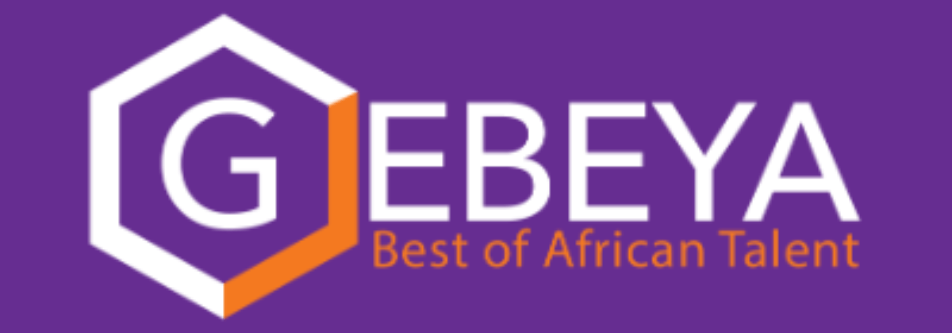Gebeya, a software engineering training academy in Africa, combined with Stella.org, a U.S. non-profit, provided 11 African developers with an intensive blockchain training program. Upon graduating from the program, each of the participating developers will have the skills needed to work on blockchain projects, further advancing the African Blockchain movement. Given the increasing demand for blockchain developers in all major world sectors, this is a welcome development for the continent.
Gebeya’s Co-founder and Chief Executive, Amadou Daffe outlines the academy’s foremost aim: to empower Africa’s next generation of blockchain developers. “Our goal is to become an African market reference for Blockchain expertise,” Daffe was quoted as saying.
The training program, which lasted for 40 hours and spanned seven days, was meant to accomplish two things — one, to equip individuals that already have software engineering experience with expertise in blockchain technology. The second aim was to train these developers in such a way that they can do the same for budding developers in the future. With this, Gebeya hopes to train as many as 1,000 blockchain developers in Africa, further growing the community.
Several African start-ups are already using blockchain technology to solve domestic problems. The South African President’s youngest son, Tumelo Ramaphosa, founded StudEx Wildlife, a blockchain-based platform that makes it possible to digitize animal breeding and trading.
According to Tumelo, a blockchain enthusiast since 2010, StudEx wants to decentralize the wildlife sector in South Africa, breaking the increasing monopoly and enabling individuals to invest in the industry. Furthermore, via StudEx Wildlife, farmers will be able to crowdsource funds via initial coin offerings. Ramaphosa is one of the speakers at the Unlocking Blockchain Africa event scheduled for December 2019.
The Co-founder and CEO of Raise, one of the top Fintech companies in Africa, Marvin Coleby, joined in praising Gebeya’s effort. “Blockchain and distributed ledger technologies carry the potential to create economic and social independence for billions of Africans both on the continent and in the diaspora,” he said.
Coleby acknowledges, however, that the Blockchain community in Africa needs to grow further before the technology can be adopted effectively. He believes that Gebeya’s effort in growing the community bodes well for the continent, and before long, a strong workforce of blockchain developers will emerge, providing companies with talent to hire and work with. “We’re lucky to be partners with a company building such a foundational aspect of Africa’s digital future,” Coleby concluded.
Raise is a blockchain-based platform that enables the tokenization of real-world assets. With Raise, people can convert any asset to tokens and trade them on Stellar. Learn more about their solutions at getraise.io.
Hiruy Amanuel, the Co-founder of Gebeya, further highlights the importance of what the institution is trying to do. According to him, if the developers in Africa are not allowed to grow domestically, they will move overseas to find better opportunities.
The first set of blockchain developers have graduated from the Gebeya and Stellar.org training program. In addition to now possessing the skill to work on blockchain projects, these developers are now well placed to train the increasing number of students showing an interest in pursuing a career in blockchain development. With a potential income of $172,000 for professional developers, interest is expected to grow even further…
Content retrieved from: https://www.thecryptoupdates.com/african-it-academy-gebeya-inc-completes-intensive-blockchain-training-for-first-set-of-students/.



No responses yet